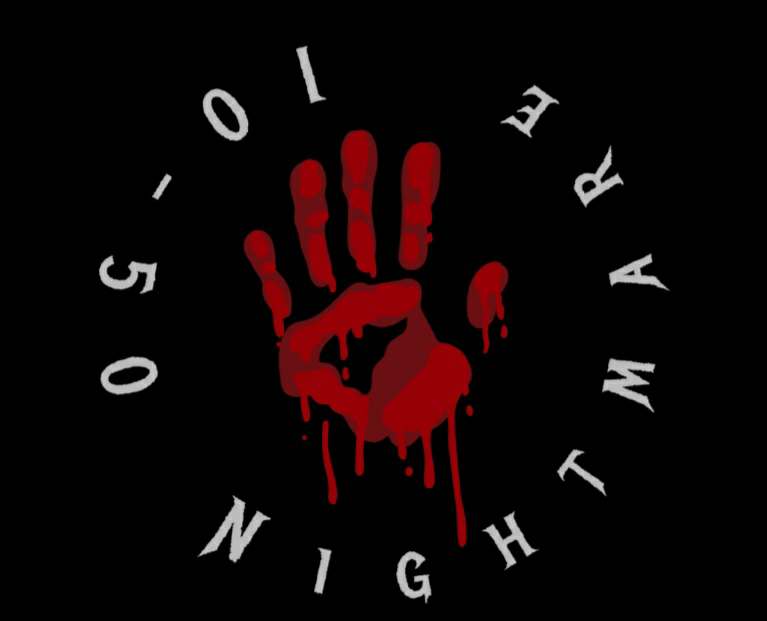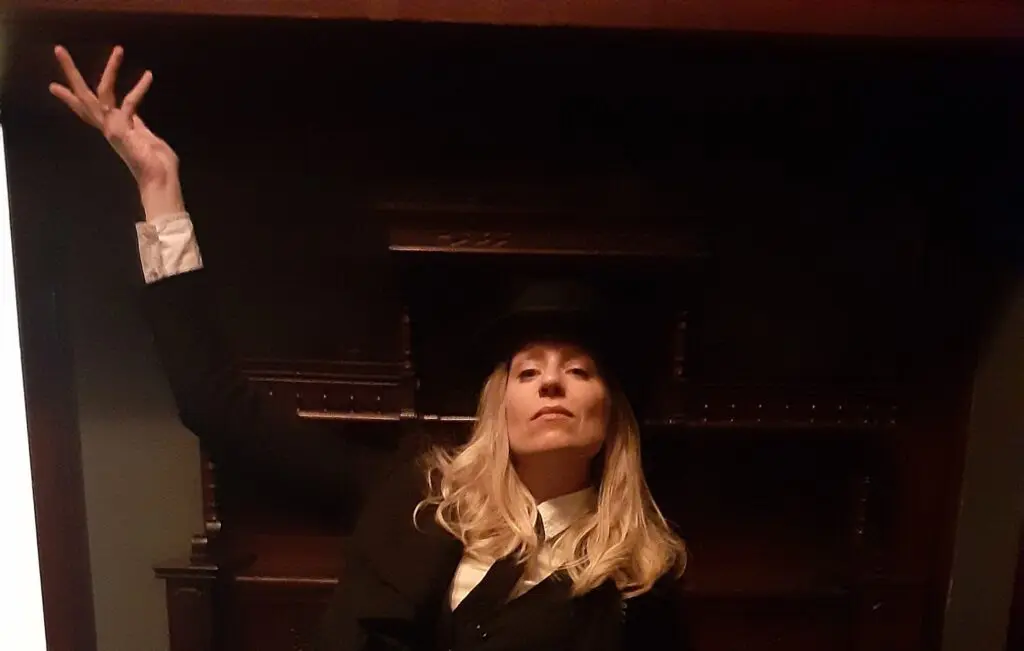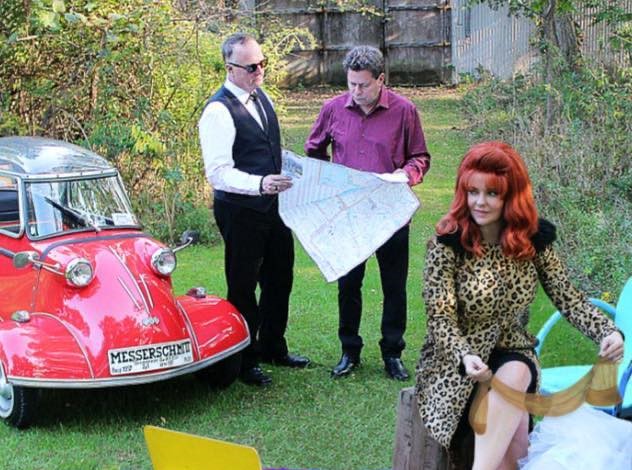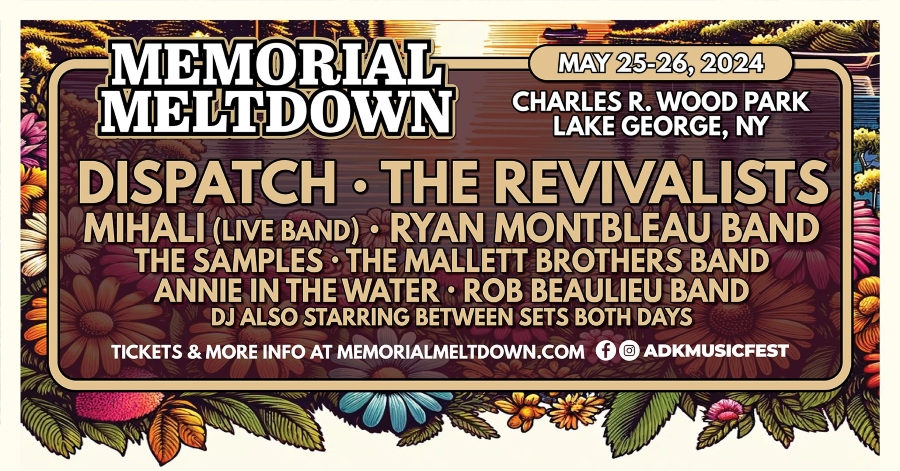Jaye McBride – An Xperience Interview
Written by Staff on May 7, 2024
Jaye McBride – An Xperience Interview – by Liam Sweeny.
RRX: You are a well-loved comic and writer, and openly and proudly transgender. I write under the pressure of the fact that our publication avoids politics like the plague. And the moment the word “transgender” comes out, the political armaments come out. How do we take transgenderism out of the political battleground?
JM: Thank you, especially for the “well-loved” part, because as a comic I just assume I’m always hated. As for politics, that’s a loaded question, because for me it isn’t politics, it’s literally who I am. I don’t talk politics on stage. I perform at regular comedy clubs, including The Cellar, and make sure my humor has something for everyone. If it were up to me, I’d tell people to take their politics out of my being trans.
RRX: As a comic, you have to push the boundaries. There’s only so much you can riff on a conspicuously light box of cornflakes. And you have material in your life that naturally pushes boundaries. But it’s all about delivery, right? How do you take a part of you that would get laughs plainly spoken, and make it kick people through their seats?
JM: I sound like I’m disagreeing with you again and, yes, I’m the worst interviewee in history. But I don’t know that comics have to push boundaries. Seinfeld, Ray Romano, and a lot of others are doing just fine coloring within the lines. I also love comics like Gary Gulman or Nate Bargatze and think what they do is so much harder than what I do. I like dark humor and I always have, so when I write a joke, I love a twist where I take the audience for a ride with me, gain their confidence, then swerve into a metaphorical tree.
RRX: You wrote for “Inside Amy Schumer,” which really pushed a lot of boundaries itself. What was it like writing for another comedian? How much is it getting that good bit out, and how much is it knowing who you’re writing for and styling the bits for them? When did you influence Amy and when did Amy influence you?
JM: I loved writing for that show so much. Some of my idols were in the writers’ room, like Tim Meadows and Jon Glaser, so it was absolutely a dream job. It’s tough to write for another comic, especially someone as successful and well-known as Amy, but I’m fortunate that our sense of humor is very similar. I’m proud that I got a lot of jokes and a couple of skits in the show, but it was also a group effort. There wasn’t one sketch that was written solely by one comic and not influenced by the rest of the writers; everyone pitched in and the sketches were better because of it. (But I definitely tell my family that I did most of the work myself.)
I hope I influenced Amy with my writing but she definitely influenced me more. Her work ethic, her sharp humor, and just the way she could add a line or a gag to every sketch and really punch it up in a great way.
RRX: I have to ask a normie question. What was it like when you first got up on stage? Had you transitioned at that point? Did you kick ass or did you bomb? And were you first up, or did you have to follow another comedian? Set the scene and dim the lights – take us there.
JM: The very first time I went on stage was at a high school talent show and it was so much fun. I actually got laughs. I had a very pragmatic attitude though and thought, “That was fun but you can’t make a career out of comedy,” so I didn’t think about it again for years.
But when I started comedy as an adult, it was after I transitioned, in Albany back in 2009. I didn’t know anyone, didn’t tell anyone I was trans, and got up sometime in the middle. I talked about generic things—dating, bars, TV—and did really well. Getting a laugh after that first joke was amazing; there’s no feeling like it in the world. The host said afterward, “Come back anytime,” so I did. I have bombed since, but thank God I did well that first time, or who knows if I would’ve ever done it again. If you want bomb stories, believe me, I have plenty but that’s part of comedy.
RRX: It’s a lot easier to reach an audience these days with social media. But in a weird way, it may actually be harder to find an audience to reach. As a writer, I’ve been told it’s just white noise out there now. How do you stand out these days, both with content and with strategy?
JM: I absolutely hate social media. I used to like Twitter then it became a cesspool, so I was stuck with Facebook, Insta, and TikTok. They’re the absolute worst. I can’t stand posting videos because I’m so neurotic about my looks that I’m almost never happy. Then of course there are the trolls that go out of their way to comment, “You’re a man,” or something equally Oscar Wilde-esque, which is annoying. But on the plus side, those comments actually help my engagement, so keep ‘em coming boys!
I’m lucky enough that many writers’ rooms actually look for comics, but I couldn’t imagine being a novelist or journalist trying to break into the field. I really don’t want to imagine what it will be like in five years, especially since we’ll be competing with AI. Makes me want to start an emu farm and learn about composting.
RRX: This is where you answer the question I didn’t ask. Remarks? Comments? Educate, enlighten, emote—the floor is yours.
JM: I got nothing. Literally nothing. I guess if I had to say something, it’s that even though I sometimes rail against the way comedy is today, I still love it and will keep coming back.





 RadioRadioX
RadioRadioX